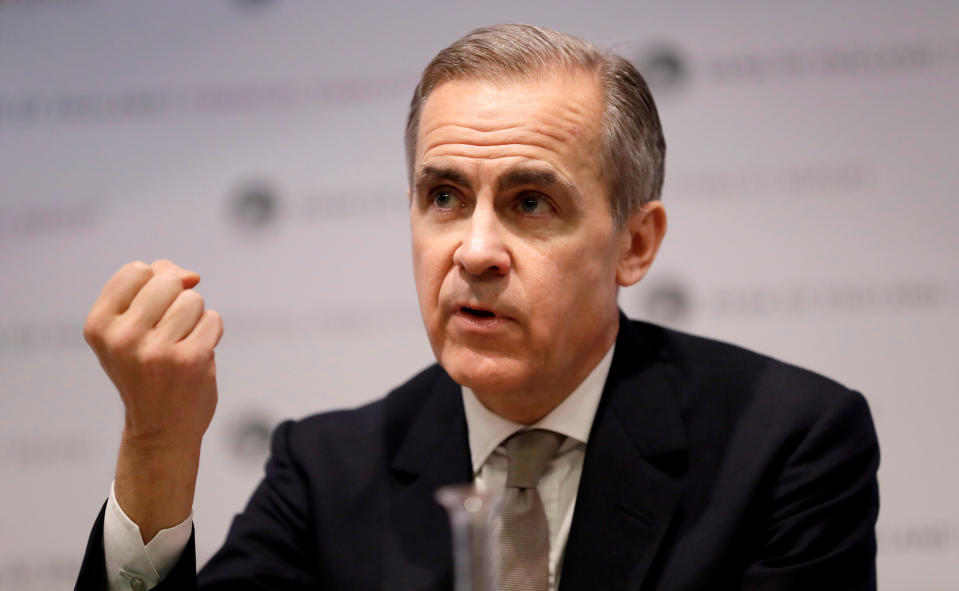'Boris bounce' data 'kills' expectations of rate cut next week

Better-than-expected economic data has dampened speculation that the Bank of England will cut interest rates next week.
IHS Markit on Friday released its first estimates of manufacturing and service sector growth in January, as well as an estimate of overall economic growth.
The private sector surveys, known as purchasing managers’ indexes (PMIs), are keenly watched signals of economic activity.
IHS Markit said it observed “a decisive change of direction for the private sector economy at the start of 2020”. Manufacturing and service sector growth both beat forecasts and overall economic growth hit a 16-month high.
The data points to a ‘Boris bounce’ for the economy in the wake of the Prime Minister’s decisive election win last month.
“It appears that once uncertainty around the General Election was removed, domestic clients and consumers started to spend again, though exports in the service sector still suffered from indecision and a Brexit block,” said Duncan Brock, group director at the Chartered Institute of Procurement & Supply, which helped compile the data.
READ MORE: Markets bounce back despite rising Coronavirus death toll
Manufacturing PMI was 49.8 in January. Service sector PMI was 52.9. PMIs register on a scale of 0 to 100, with anything above 50 signalling growth and anything below meaning economic contraction.
Economists had been expecting the manufacturing PMI to come in at 48.9, a slight improvement on December’s reading of 47.5. Forecasters pencilled in 51 for the services PMI, up from 50 in December.
While growth remains weak for services and the manufacturing sector remains in contraction, the better than expected numbers suggest the economy is rallying. IHS Markit said expectations for future growth had also hit its highest level since 2015.
PMI ‘kills off’ imminent rate hike

PMIs are always closely watched but of “significant interest” this time around, AIB economist Conor Beakey said ahead of the numbers.
The Bank of England will deliver its January interest rate decision next Thursday and speculation had been rising that the central bank would cut rates in the face of weak recent data. Friday’s PMI data was seen as the final piece of data that could put off a cut.
“It seems likely that the rise in the PMI kills off the prospect of an imminent rate cut by the Bank of England, with policymakers taking a wait and see approach as they assess the performance of the economy in the post-Brexit environment,” said Chris Williamson, chief business economist at IHS Markit.
Sameul Tombs, the chief UK economist at Pantheon Macroeconomics, said he didn’t expected the Bank of England to cut rates “both next week and throughout 2020”.
“As we write, markets now see just a 43% chance that the MPC will cut Bank Rate on January 30, down from 50% before the PMI was released and a peak of 75% last week,” Tombs wrote. “That probability still look too high to us.”
The pound rose after the data was published. Sterling was up 0.1% against the dollar (GBPUSD=X) shortly after the data and up 0.1% against the euro (GBPEUR=X).
“The most recent UK economic data does not provide any justification for a rate cut at the end of January,” said Marc-André Fongern, head of FX research at MAF Global Forex. “The market may therefore be correcting its overblown expectations regarding an easing of monetary policy.”
READ MORE: Government ‘underestimated’ HS2 risks as £106bn line on the brink


